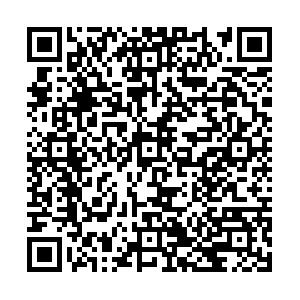南京高师−东南大学与新文化运动
作者简介:徐佳贵,上海社会科学院历史研究所副研究员(上海 200235)
摘要: 检视南京高等师范学校−东南大学与新文化运动的关系,应尽可能脱出以《学衡》为中心之视角的限制。“新文化”攸关的词语观念在东南的早期传播,与刘伯明等南高学人对杜威讲学活动的积极参与密切相关。而后刘氏基于校内人事更动影响及自身因由,参与促成校内对于“新文化”之异议的发展,但此后其思想与北大新派仍颇有相通之处。其对新文化运动内容重点的理解,亦与梅光迪、吴宓等《学衡》主将有异,而与其他较早入校者及江苏省教育会的理解更为接近。以刘伯明为线索,涉及其操持校务、教学、演说、著述等活动方式,可以揭出东南学人契合新文化运动之民主与科学精神,却易被北南新旧对立的表述扭曲或遮蔽的思想与实践面向。
Nanking Higher Normal School-Southeast University and the New Culture Movement
- Available Online:
2022-06-20
Abstract: Further discussion on the connections of Nanking Higher Normal School-Southeast University to the New Culture Movement depends, to a considerable extent, on the separation from the perspective centering on “Xueheng (“学衡”) School”. The early spread of words and concepts related to the “new culture” in the southeast was highly relevant to the participation of Liu Boming as well as his colleagues in Dewey’s lecturing activities. Later, Liu participated in the development of critical attitudes towards the “new culture” in the school/university based on the influence of personnel changes and his own reasons, as his academic thought still had a lot in common with advocators of new tendencies from Peking University. Liu’s interpretation of key points of the New Culture Movement was also different from that of Mei Guangdi, Wu Mi and other key participants of Xueheng (the critical review), and was closer to the understanding of his colleagues who were employed earlier as well as that of Jiangsu Educational Association. Taking Liu as a clue and involving his ways of operating school affairs, teaching, speaking, writing and other activities, researchers might illustrate the ideological and practical aspects of southeast scholars whose historical images were often distorted or obscured by the dichotomy emphasizing the new-old opposition between the north and the south.

 点击查看大图
点击查看大图


 下载:
下载:
 沪公网安备 31010102003103号
沪公网安备 31010102003103号